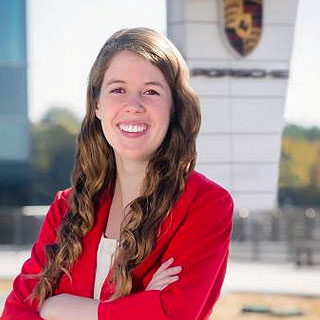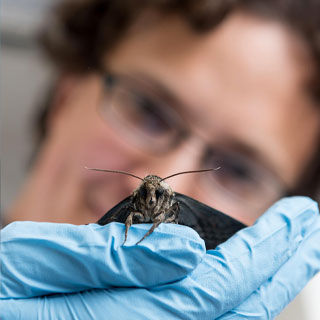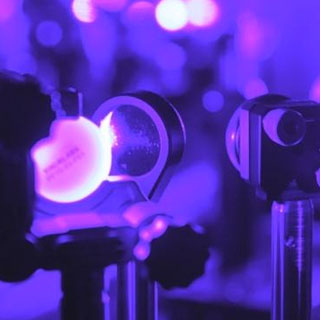Undergraduate Physics Degree Overview
In addition to its technology-focused curriculum and state-of-the-art laboratories, Georgia Tech’s B.S. in Physics degree program offers several key advantages:
- Undergraduate research with a world-class faculty and projects with a technological focus.
- Flexible elective course requirements that allow for a degree to be tailored toward individual career goals.
- The Atlanta location: Atlanta, Georgia is one of the most tech-savvy cities in the U.S. and is also home to some of the world’s largest companies.
As a Physics major, you will develop a basic competence in applying the scientific method, using qualitative and quantitative analysis to investigate physics problems — from the atomic to the astronomical scale. You will develop a strong understanding of how the laws of Physics shape our understanding of the world, and of how mathematical analysis and experimental methods may be used as investigative tools.
Physics Degree Concentrations and Options
Concentrations
Add a specialization in one of these areas to your degree.
Options
Increase your competitiveness in the job market after graduation.
- Pursue an in-depth, long-term research experience. Learn more about the Research Option.
- Build a business perspective into your degree without adding the hours
required for a minor. Learn about the Business Option.
B.S. Physics Degree Requirements
The B.S. in Physics degree program contains the following: general core classes; technical courses that provide a strong background in mathematics; technical electives to explore areas in greater depth; courses involving undergraduate research; and free electives. View a typical eight-semester course schedule.
Course Highlights
- Core sequences in quantum mechanics, thermal physics, and electromagnetism.
- Undergraduate research.
- A wide range of elective courses, ranging from quantum computing and optics to relativity and neurophysics.
View all of the B.S. in Physics requirements and course descriptions.
Rankings and Awards
Georgia Tech’s School of Physics faculty members are frequently recognized for their outstanding contributions in their fields. These awards include:
- Reuters Most Cited Researcher Awards
- NSF Career Awards
What Can You Do with a Physics Degree?
Physicists find careers in Physics research, industry, medicine, education, and public policy. In fact, a majority of graduates ultimately enter
careers not traditionally associated with Physics.
Explore more Physics career opportunities
What Are Georgia Tech Graduates Doing Now?
- Nearly 75% of Georgia Tech undergraduate Physics majors continue their majors at graduate schools such as Harvard, Caltech, Georgia Tech, University of California at Berkeley, University of Colorado at Boulder, and Northeastern University.
- Some 40% of those graduate students continue to study Physics, while the other 60% go into fields such as engineering, medicine, law, actuarial science, and education.
- Georgia Tech Physics graduates who enter the workforce after graduation work for companies such as Applied Physical Sciences, Georgia Power, Kairos Aerospace, Delta Air Lines, General Motors, United States Army, and Micromeritics Instrument Corporation.
Physics Research Opportunities
Explore opportunities to conduct research in Physics while getting your degree.
- There are many opportunities for undergraduate students to get involved in research projects. Faculty members welcome and expect student enquiries to identify and organize research activities.
- Summer is an ideal time to learn the actual practice of Physics. View a list of options: Summer Research Internships.
Beyond the Classroom
- Join the Society of Physics Students social and academic club — open to anyone interested in physics, math, or science.
- Access leadership, career, and mentorship opportunities. Join the Georgia Institute of Technology’s Society of Women in Physics.
- Gain employment experience and benefit from real-world experience in your field. Learn more about the Co-op Program and the Internship Program.
- Find out more about the several study abroad opportunities led by College of Sciences faculty.
Stories about Physics at Tech

Physics Student is a Driving Force in STEM Fields

Podcast: There's a Moth in My Video Game!

Meet Alumnus and Chair of Physics at Morehouse College

A Surprising Discovery in The Field of 2D Materials
Related Degrees
- B.S. in Applied Physics
- M.S. in Physics
- Ph.D. in Physics
- B.S. in Aerospace Engineering
- B.S. in Mathematics
Related Websites
Next Steps
(text and background only visible when logged in)